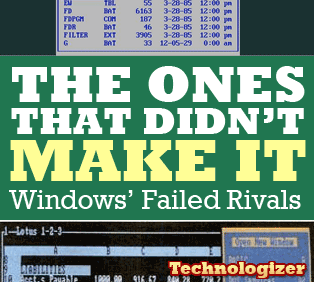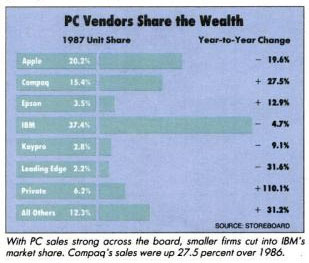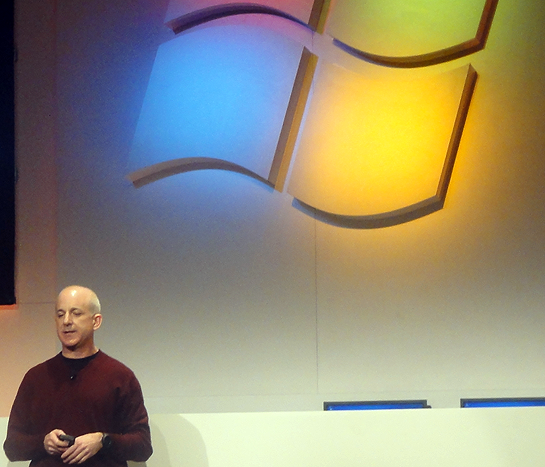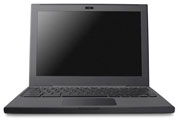 Microsoft shipped Windows 1.0 on November 20th, 1985. Twenty-five years and two days later, it’s not just hard to remember an era in which Windows wasn’t everywhere–it’s also easy to forget that it wasn’t a given that it would catch on, period.
Microsoft shipped Windows 1.0 on November 20th, 1985. Twenty-five years and two days later, it’s not just hard to remember an era in which Windows wasn’t everywhere–it’s also easy to forget that it wasn’t a given that it would catch on, period.
The company had announced the software in November of 1983, before most PC users had ever seen a graphical user interface or touched the input device known as a mouse. But by the time Windows finally shipped two years later, after a series of embarrassing delays, it had seemingly blown whatever first-mover advantage it might have had. At least four other major DOS add-ons that let users run multiple programs in “windows” had already arrived.
In a pattern that Microsoft would repeat with later products, though, it managed to make being late to the party work in its advantage. For one thing, Windows’ super-premature announcement left those four earlier packages competing with it even though it didn’t actually exist yet; many people sensibly postponed buying any “windowing” environment until it was clear how things would pan out.
For another, most of the developers of the earliest Windows rivals shot themselves in the foot, usually more than once: They released products that required cutting-edge machines which few people owned, or got ensnared in lawsuits, or failed to get third-party developers on board. Just as several of them were running out of steam, Windows arrived on the scene. And even though it didn’t gain traction for nearly another half a decade, that was okay; nothing else became a hit in the interim.
“Our approach is that there is only going to be one winner,” InfoWorld quoted Microsoft marketing honcho Steve “Bulmer” as saying in November of 1983, shortly after Windows was announced. The publication got his name wrong, but he couldn’t have been more right about the market.
Continue Reading →
 The world of technology is rife with horse races–so much so that many tech blogs read like the Daily Racing Form. There’s PC sales vs. Mac sales. iPhone shipments vs. Android shipments. Internet Explorer usage vs. Firefox usage vs. Chrome usage. Everybody loves to keep track of who’s ahead and interpret the significance of any changes. (Including me.) The primary way that tech publications do that is by reporting on market share numbers reported by research firms and other third-party entities.
The world of technology is rife with horse races–so much so that many tech blogs read like the Daily Racing Form. There’s PC sales vs. Mac sales. iPhone shipments vs. Android shipments. Internet Explorer usage vs. Firefox usage vs. Chrome usage. Everybody loves to keep track of who’s ahead and interpret the significance of any changes. (Including me.) The primary way that tech publications do that is by reporting on market share numbers reported by research firms and other third-party entities.
 For this week’s TIME.com column–the first, incidentally, to appear on Thursday, our new publication date–I
For this week’s TIME.com column–the first, incidentally, to appear on Thursday, our new publication date–I 
 At the end of last week, I mentioned that I was heading out of town for a long weekend–mostly involving pleasure, but some work as well–and was
At the end of last week, I mentioned that I was heading out of town for a long weekend–mostly involving pleasure, but some work as well–and was  Microsoft shipped Windows 1.0 on November 20th, 1985. Twenty-five years and two days later, it’s not just hard to remember an era in which Windows wasn’t everywhere–it’s also easy to forget that it wasn’t a given that it would catch on, period.
Microsoft shipped Windows 1.0 on November 20th, 1985. Twenty-five years and two days later, it’s not just hard to remember an era in which Windows wasn’t everywhere–it’s also easy to forget that it wasn’t a given that it would catch on, period.